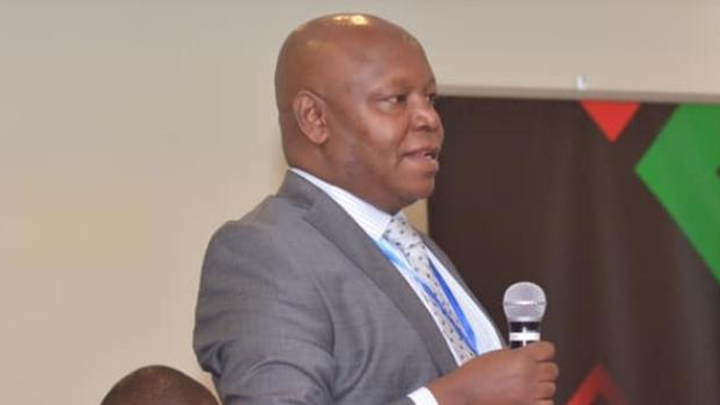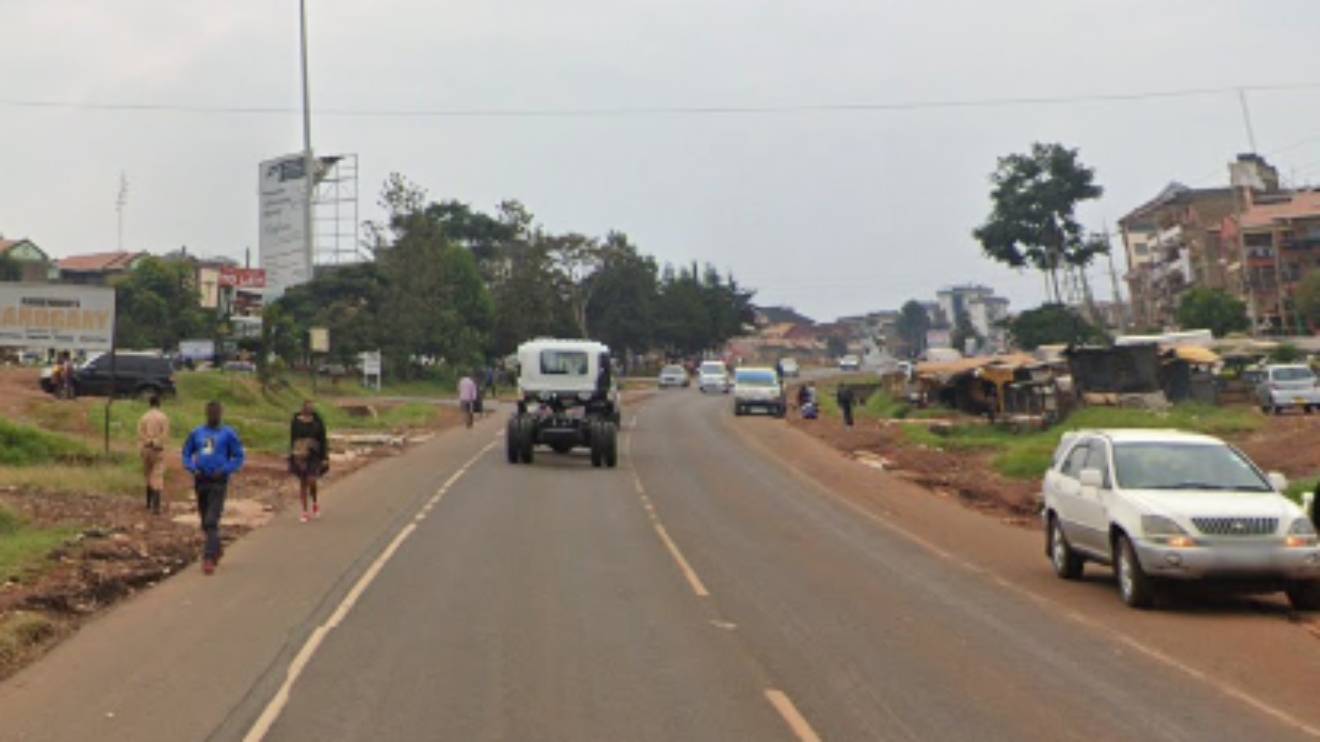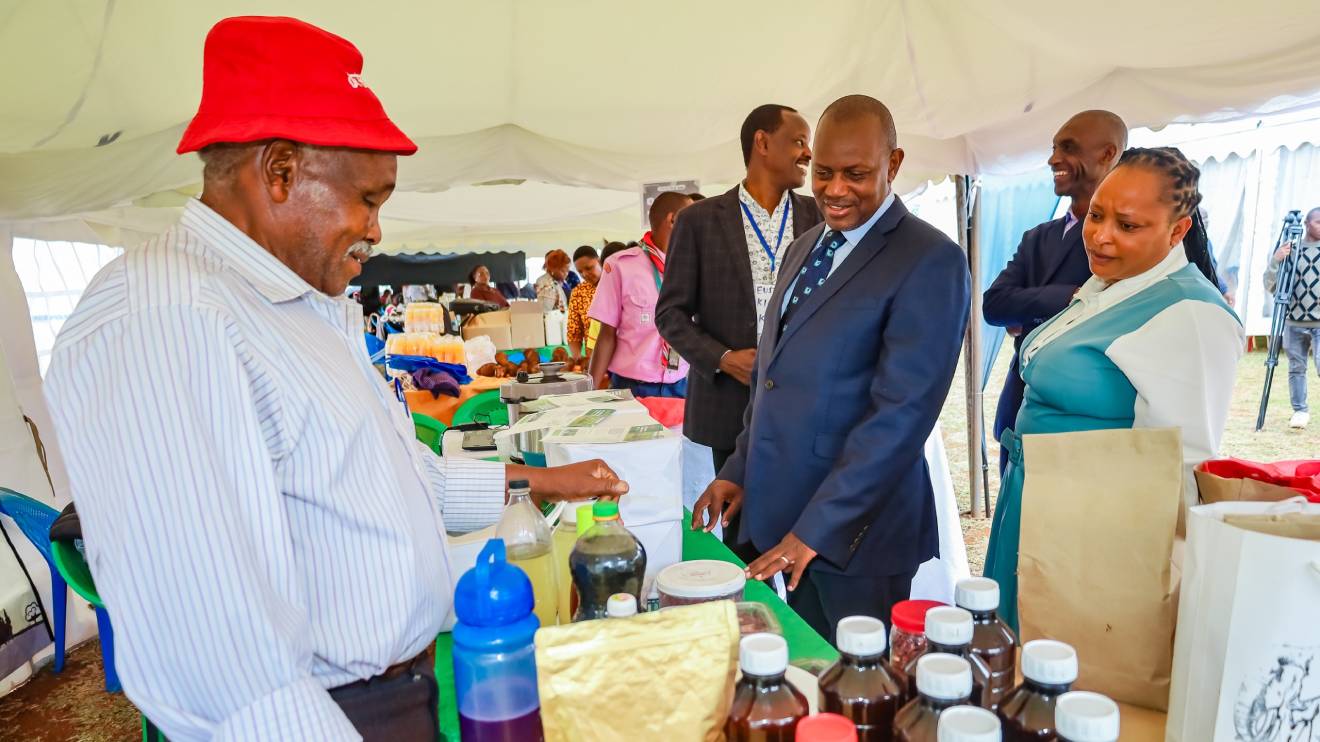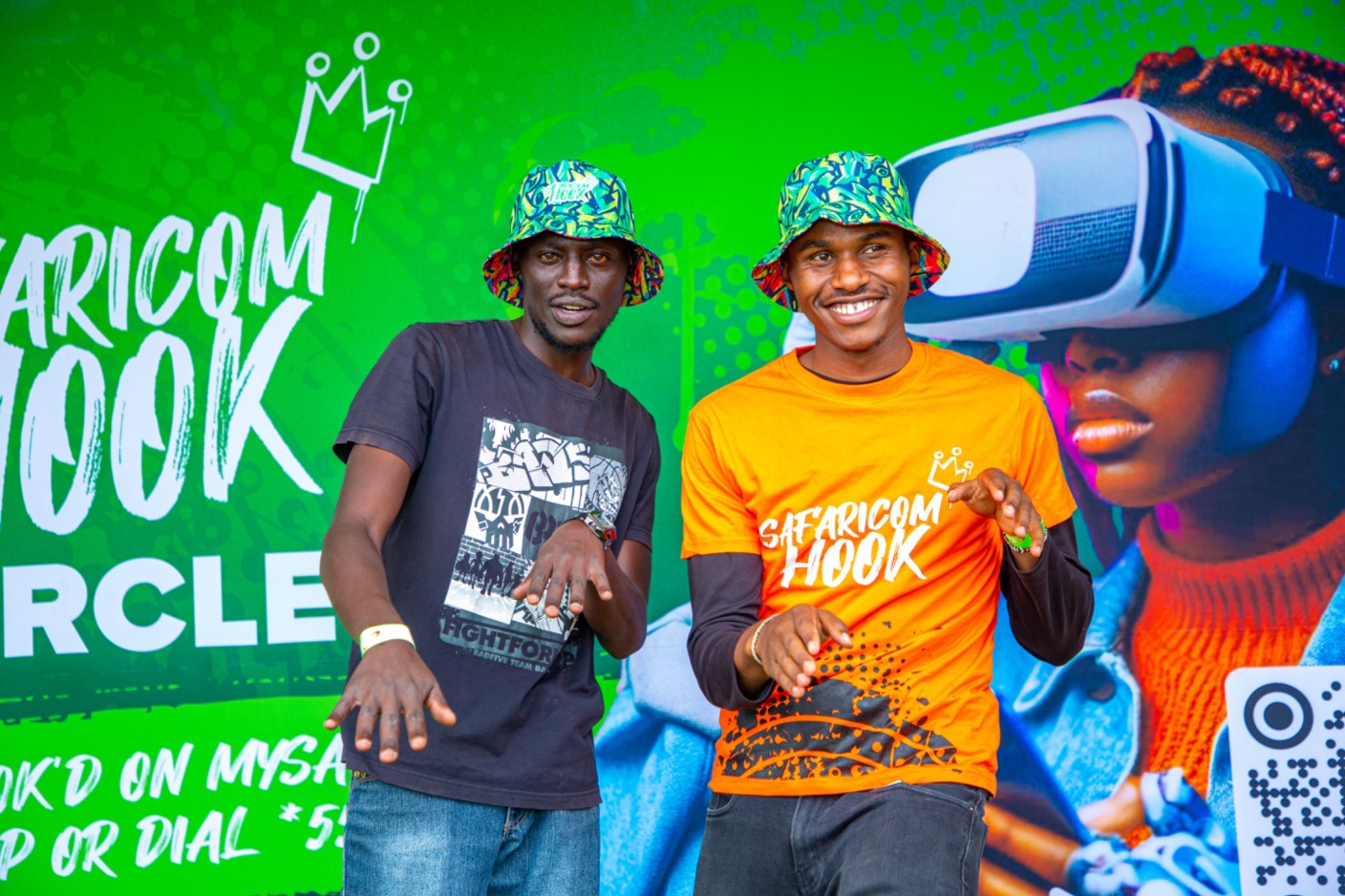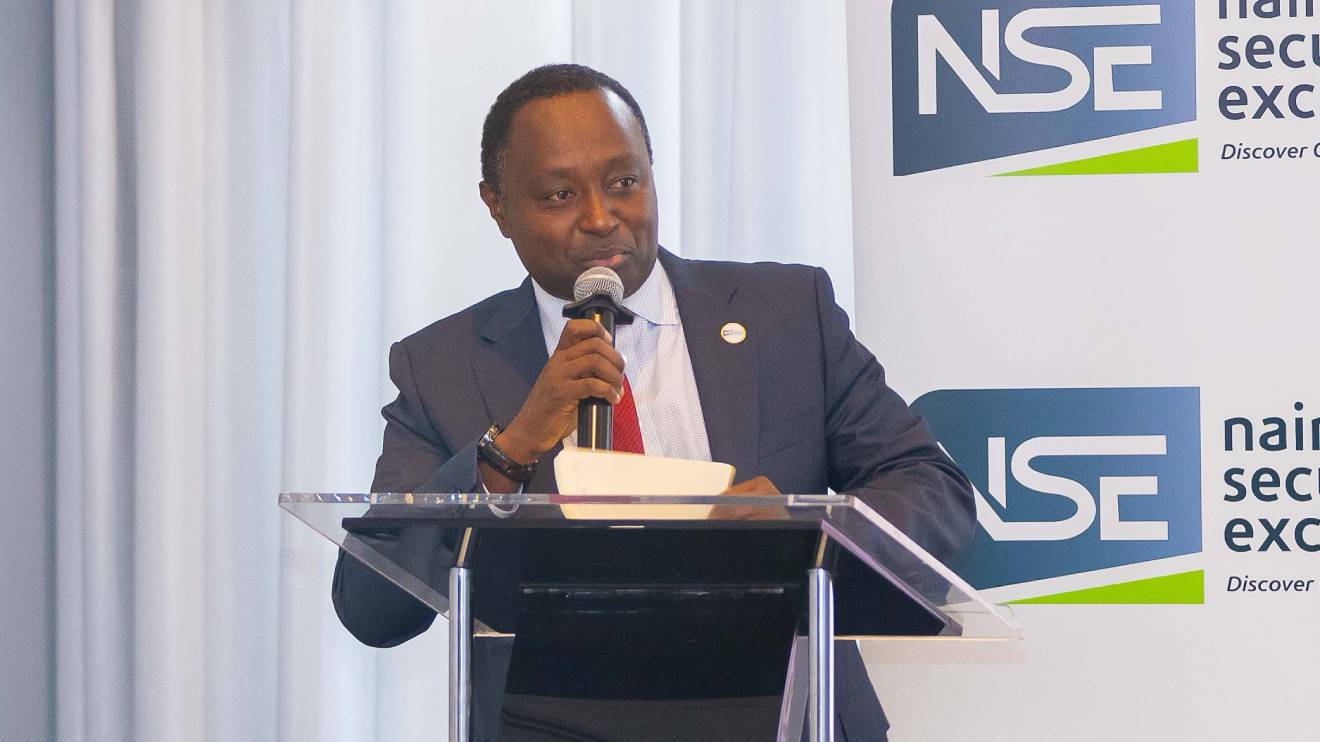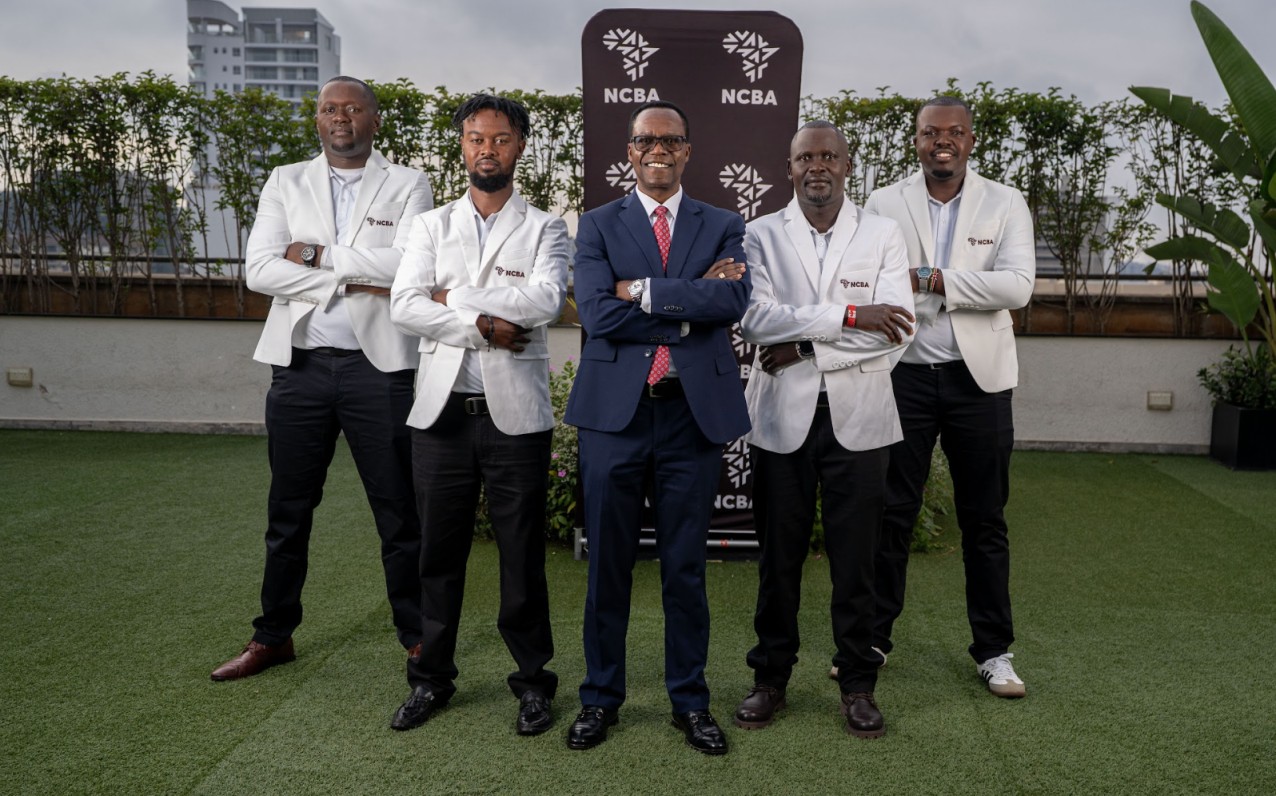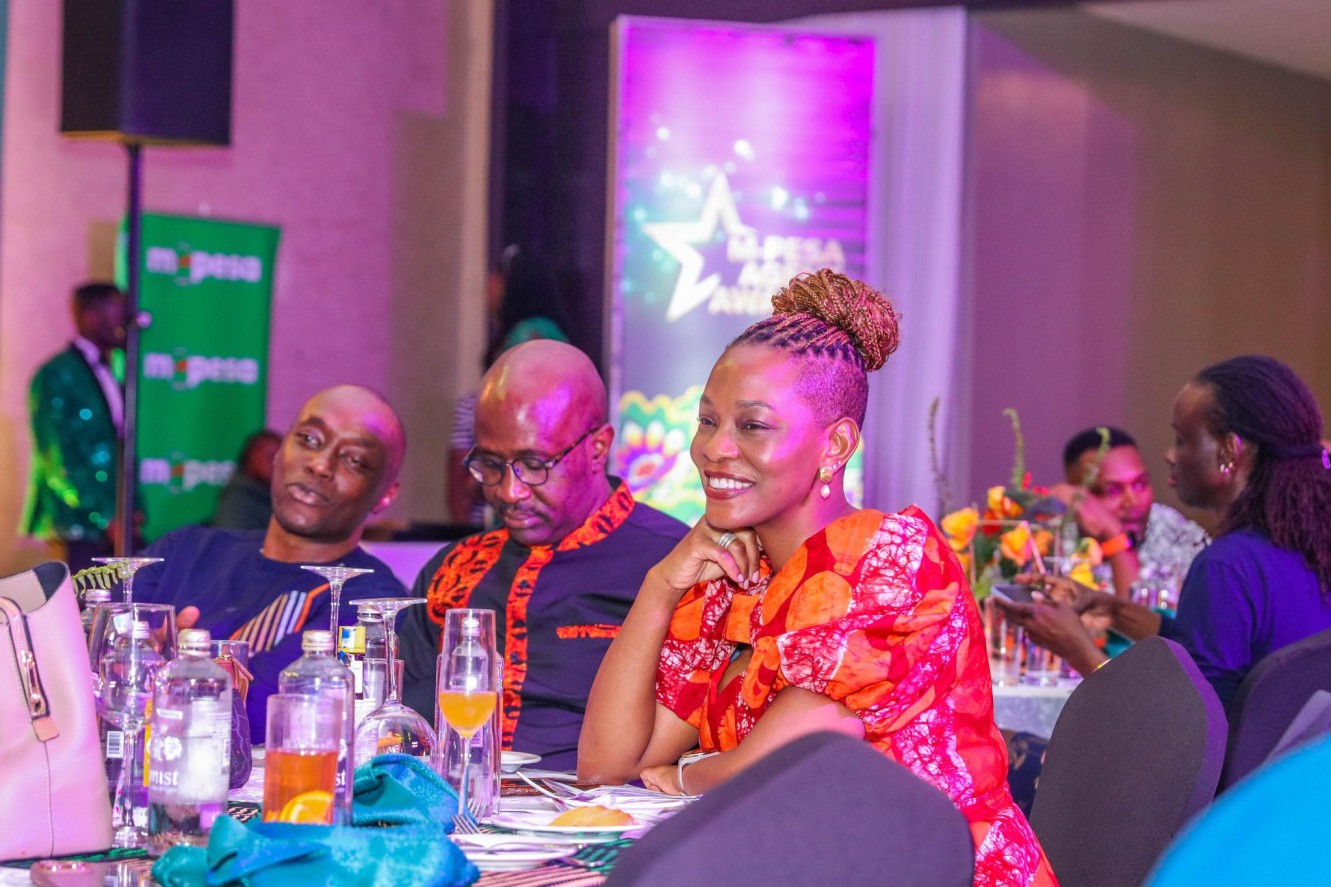The International Criminal Court (ICC) prosecution and Kenyan lawyer Paul Gicheru made their final arguments on Monday.
This left the fate of Gicheru hanging in the hands of ICC’s Trial Chamber III, which retreated to deliberate on the evidence presented against him.
The statements were made before ICC judge Maria Samba by Gicheru’s lawyer Michael Karvanas and the prosecution’s Anton Steynberg.
Judge Samba thanked the defence, prosecution, registry, interpreters and transcribers for their support throughout the trial process.
“We will retire to do deliberations. Hearing is hereby adjourned,” Samba said.
Read More
Steynberg in his closing statement said there was compelling evidence that Gicheru committed offences against the administration of justice in the case against Deputy President William Ruto and journalist Joshua Sang.
"The evidence from eight witnesses was too voluminous and consistent. If he was framed, it would be a product of grand conspiracy," Steynberg said.
"Witnesses would have communicated with each other and compared notes. For nine years, the witnesses were based in different locations."
Steynberg also said the witnesses had no reason to target Gicheru as they had no grudge against him, nor had they dealt with him before.
He emphasised the witnesses had nothing to gain from the case, a save for the narrative the defence pushed that they merely wanted to get out of the African continent for better lives.
“There was no evidence that the witnesses benefited in any way apart from the assumption that when out of Africa, they were better off. They had nothing to gain from the case,” Steynberg said.
However, Gicheru’s defence said the evidence before the court was mere insinuations and appealed to the court to assess the evidence objectively.
“We are asking you to objectively assess the evidence- which we know you will do and look at the case holistically,” Karvanas said.
He also termed the witnesses against Gicheru as opportunists and liars. Karvanas also said the prosecution was motivated by nothing but the desire to win.
“The prosecution bought into lies, ignoring flaws and contradictions and weaponising the verb ‘clarify’. If they did not get the facts right the first time, they had to try and try again. There are gaping gaps in this case,” Karvanas said.

